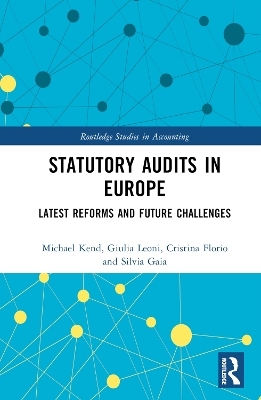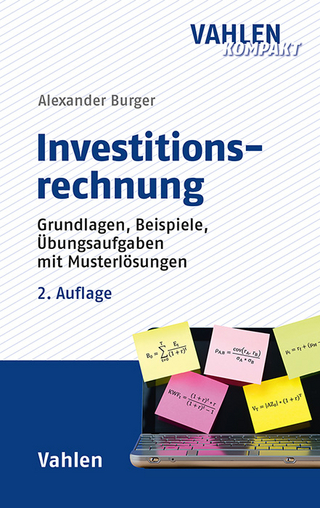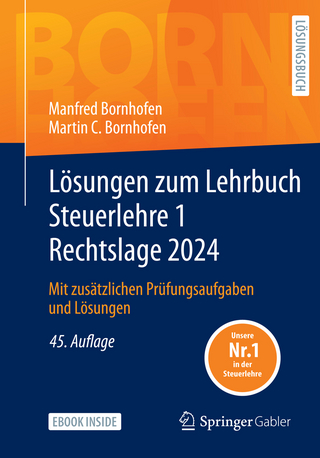
Statutory Audits in Europe
Routledge (Verlag)
978-1-032-20173-3 (ISBN)
In the aftermath of the Global Financial Crisis, corporate collapses, accounting scandals, and concerns around competition and auditor choice, the European Commission (EC) promoted the preparation of various reports on audit policy to support a harmonisation process of European auditing regulation. Consequently, the European Union (EU) Audit Regulation and Directive was implemented from 2016.
This book provides a timely picture of the audit sector and how it responds to regulatory and technological challenges. It analyses the impact of EU reforms on audit practices by comparing the UK and Italy, which, representing two very different regulatory and cultural contexts, will offer insight into how the efforts at standardising audit regulation may lead to very different organisational firm responses within Europe. It addresses issues relating to public policy work and the concerns faced by the market for audit and assurance services, in promoting audit quality, better communication about the role of the auditor, capital market stability and confidence, and auditor independence. Moreover, it highlights what the future of auditing might look like in the EU particularly now that the UK has left, and how meeting public expectations will continue to be a struggle for the accounting profession given the many problems ahead.
The book encourages a deeper awareness of the challenges faced by those that monitor and certify the financial statements of the world’s largest public companies and contributes to the general understanding of this controversial industry. It will serve as a useful guide to the recent EU audit reforms, not only for academics, and research students but also to regulators, policymakers, standard setters, industry professionals, and business executives worldwide.
Michael Kend, PhD, is a lecturer of accounting in the School of Accounting, Information Systems and Supply Chain at RMIT University, Australia. Giulia Leoni, PhD, is associate professor of accounting at the University of Genoa, Italy. Cristina Florio, PhD, is associate professor of accounting at the University of Verona, Italy. Silvia Gaia, PhD, is a reader in accounting at Essex Business School (University of Essex, UK).
1. Introduction 2. Institutional Setting and Audit Regulation in Europe 3. New Audit Reports: Improving Informational Content and Value 4. Mandatory Auditor Firm Rotation (MAFR): Perceived Benefits and Costs 5. Restrictions and Caps on Non-Audit Work: Challenges and Response Strategies 6. Audit Committees: Greater Powers and Proposed Standards 7. The Future of Audit: Impacts of New Technologies 8. The New Paths of Statutory Audits in Europe: Meeting Public Expectations and other Future Challenges
| Erscheinungsdatum | 20.02.2023 |
|---|---|
| Reihe/Serie | Routledge Studies in Accounting |
| Zusatzinfo | 3 Tables, black and white; 2 Line drawings, black and white; 2 Illustrations, black and white |
| Verlagsort | London |
| Sprache | englisch |
| Maße | 156 x 234 mm |
| Gewicht | 360 g |
| Themenwelt | Wirtschaft ► Betriebswirtschaft / Management ► Finanzierung |
| Wirtschaft ► Betriebswirtschaft / Management ► Rechnungswesen / Bilanzen | |
| Wirtschaft ► Betriebswirtschaft / Management ► Unternehmensführung / Management | |
| Wirtschaft ► Volkswirtschaftslehre | |
| ISBN-10 | 1-032-20173-8 / 1032201738 |
| ISBN-13 | 978-1-032-20173-3 / 9781032201733 |
| Zustand | Neuware |
| Haben Sie eine Frage zum Produkt? |
aus dem Bereich


